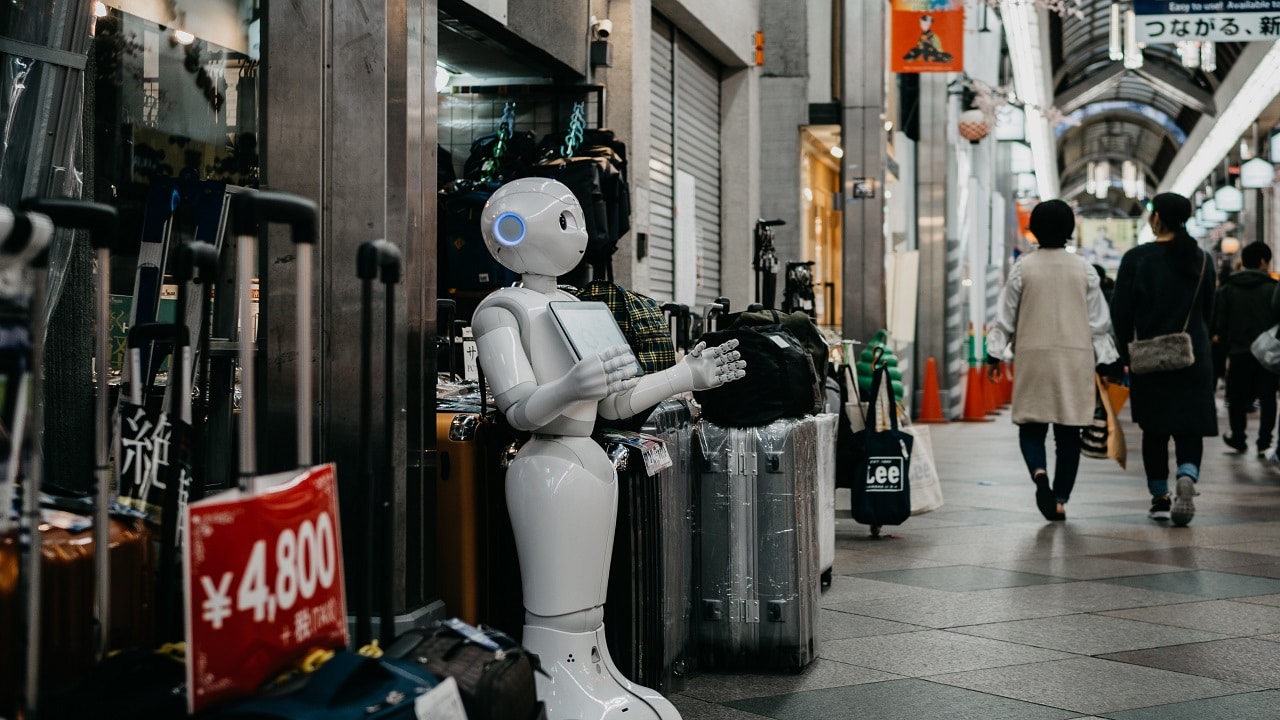Is the robot revolution around the corner? For some industries, the answer is yes
But rather than being “replaced” by automation, people will be helped by robots. Find out the jobs most likely to be automated.A McKinsey Global Institute report shows that by 2030 automation could replace up to 30% of the jobs that workers currently do. Jobs most likely to be automated are those that are routine, scheduled and predictable. But it’s not all doom and gloom. Rather than being “replaced” by automation, people will be required to perform jobs that compliment that of machines.
Here are some jobs most likely to be automated:
- Drivers: From long-haul lorry drivers to pizza delivery drivers, drivers of all kinds of risk being replaced by self-driving technology. Autonomous vehicles, which are said to be more efficient and safer alternatives to their human counterparts, are expected to make up to 26% of new car sales by 2040.
- Customer service: Chances are you’ve already interacted with a bot if you’ve ever had to call customer service. We’ve all had infuriating conversations with an automated system (haven’t we?) so this shouldn’t come as much of a surprise.
- Cashiers: Who hasn’t opted for the self-checkout lane after a long day rather than risk a conversation with a chatty cashier? While this role has a 97% chance of automation according to an Oxford study, humans will still need to be present to reset the pesky “unexpected item in bagging area” alert, among other tasks.
- Warehouse jobs: One area that will see an increase in actual robots is warehouse work. Storing, packaging and preparing objects for shipping is a repetitive, physical activity in retail with a strong potential for automation.
And here are some jobs industries least likely to be replaced:
- Medical professionals: While technology will assist medical professionals in screening and diagnosis, the need for critical decision making and a good bedside manner isn’t going anywhere.
- Creatives: artists, musicians and designers can rest assured that robots won’t be coming for their jobs anytime soon. The McKinsey report estimates that by 2030, numbers of creatives will generally increase worldwide.
- Education: Education is one of the least susceptible industries to automation according to McKinsey. While some aspects of education may be automated (like administration), teachers can never be wholly replaced by artificial intelligence since the job requires significant socioemotional skills that robots can’t yet achieve.
- Community and Social Workers: Again, the human touch required by social and community workers in delicate situations shows no signs of being replaced by robots. In fact, the demand for social care is expected to increase by 31% in 2030.
So, what can you do?
It’s not all doom and gloom. Rather than being “replaced” by automation, people will be required to perform jobs that compliment that of machines. Be prepared for the shift toward automation. Brush up on in-demand skills like critical and strategic thinking, creativity, emotional intelligence and problem solving. As automation becomes a reality, our uniquely human attributes will be more valuable than ever.


